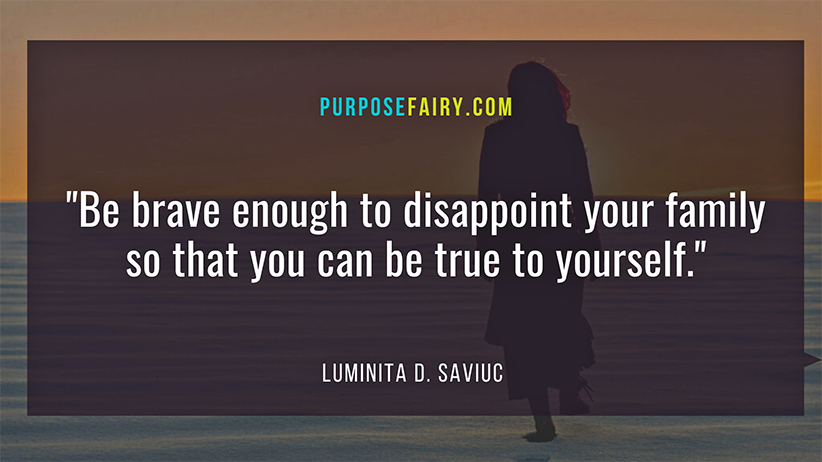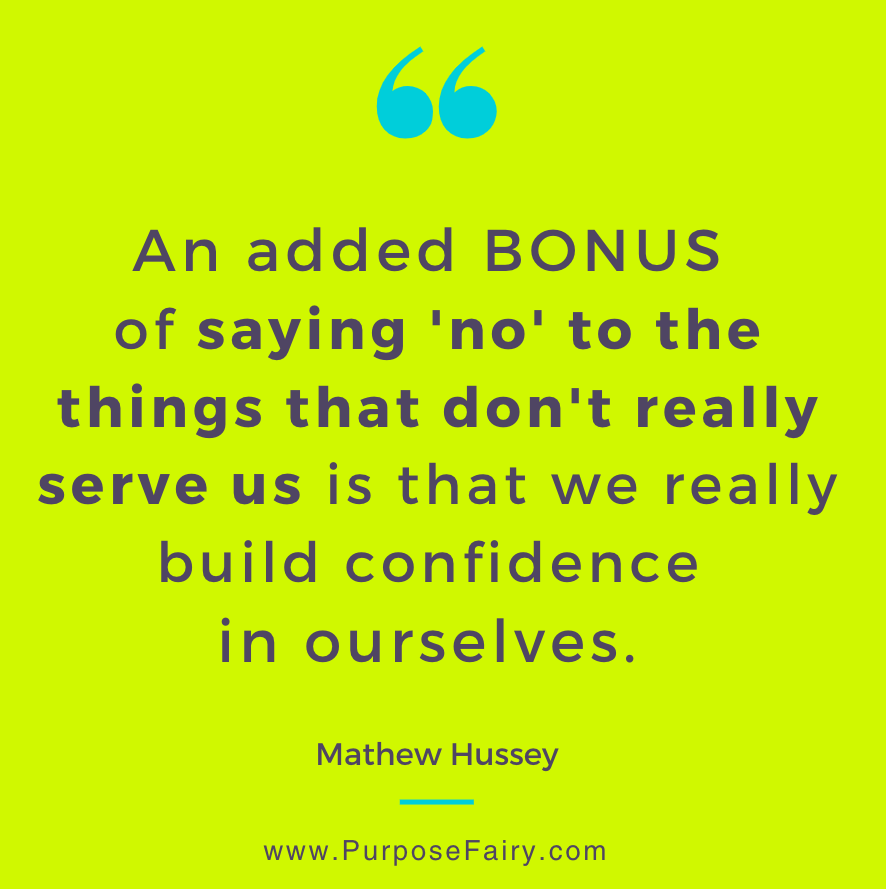
Why is it hard to say no?
A while ago, a friend of mine asked me to mind their dog for two weeks while they went on vacation. I love dogs, but I was dealing with a stressful personal issue at the time, and frankly, I didn’t have the mental energy to commit to taking care of someone else’s energetic pet.
After beating around the bush, I eventually found the courage to say no. However, I spent about five minutes profusely apologizing, making lame excuses, and trying to justify myself. My friend was completely okay with my decision, but I still felt guilty and selfish for several days afterward.
Why did the simple act of saying no to a favor make me feel so terrible? I’ve since learned that my reaction isn’t unusual, and there are several reasons why people find it hard to say no.
Guilt feels terrible, and many people will say yes to a request to avoid it. However, guilt is only supposed to make you feel bad when you’ve actually done something bad. In hindsight, my guilt over minding the dog seems like a massive overreaction. All I did was create a minor inconvenience for my friend because they had to ask someone else – not exactly the crime of the century.
We all want to be liked, but some people stake too much of their self-worth on wanting to be seen as helpful and worry that others will think less of them if they say no. Of course, any friend or colleague who would think less of you for saying no to a favor is not someone worth knowing.
Fear of conflict is another common reason people have trouble saying no, especially when the power dynamic is skewed in the other person’s favor. Standing up for yourself can be intimidating, but it’s important to remember that you have a right to say no just as much as the other person has a right to ask.
Why saying no is good for you
It’s important to remember that saying no does not make you a bad person. In fact, it’s a form of positive selfishness that can enhance your life in several ways.
Learning to say no makes you healthier and happier because it gives you the space to take care of your own physical and mental needs. If you’re tired or stressed, you prioritize rest rather than constantly saying yes to everyone else’s requests.
Saying no also gives you greater control over your life because you’re no longer at the mercy of other people’s demands. You can make choices in your own best interests and say yes to things you’re passionate about.
Surprisingly, saying no can also make you more liked and respected. It shows that you’re confident and capable, and people will be more likely to trust and confide in you because they know you’re not a pushover. It’s also much harder to be taken advantage of when you’re comfortable saying no to unreasonable requests.
So how do you start saying no without feeling guilty or selfish?
5 Firm Ways to Say No Without Feeling Guilty or Ashamed
1. Be assertive
If you sound unsure when you say no, you’re giving the other person an excuse to use emotional manipulation or guilt to try and change your mind. Saying no with a polite but assertive tone makes it very clear that you will not change your mind.
You can also use body language signals to show that you’re not open to negotiation. Crossing your arms and turning your body away are excellent non-verbal cues that can’t be ignored.

2. Don’t make excuses
When you start making excuses or apologizing, it gives the impression that you’re doing something wrong, which will only increase your feelings of guilt.
You don’t owe anyone an explanation for why you don’t want to do something. A simple, “I’m sorry, but I can’t look after your dog while you’re away” is all you need to say.
3. Delay your response
People pleasers often feel the urge to say yes immediately, but don’t be afraid to take some time to consider your answer. Thinking things over will help you avoid giving into pressure, and it shows that you’re taking the person’s request seriously.
4. Think about your priorities
When you say no to something, you’re opening up the opportunity to say yes to something else more meaningful and important. Being more selective also ensures that you give the things you say yes to all of your energy and enthusiasm.

5. Hold your ground
If you have a reputation for saying yes to everything, your friends and coworkers will take advantage of you without consciously thinking about their behavior. They intuitively know exactly what to say to get you to do what they want.
When you recognize this happening, it’s essential that you hold your ground and not cave in. Over time, you can retrain the people in your life to take your no seriously.
Comments
Geoffrey is the co-founder of Mindful Cupid, a website dedicated to helping readers improve their relationships and their lives. You’ll find lots of useful articles on how to find love, survive heartbreak, explore your spiritual side, and discover your best self. Check out the site at mindfulcupid.com, or join him on Facebook.
read more







